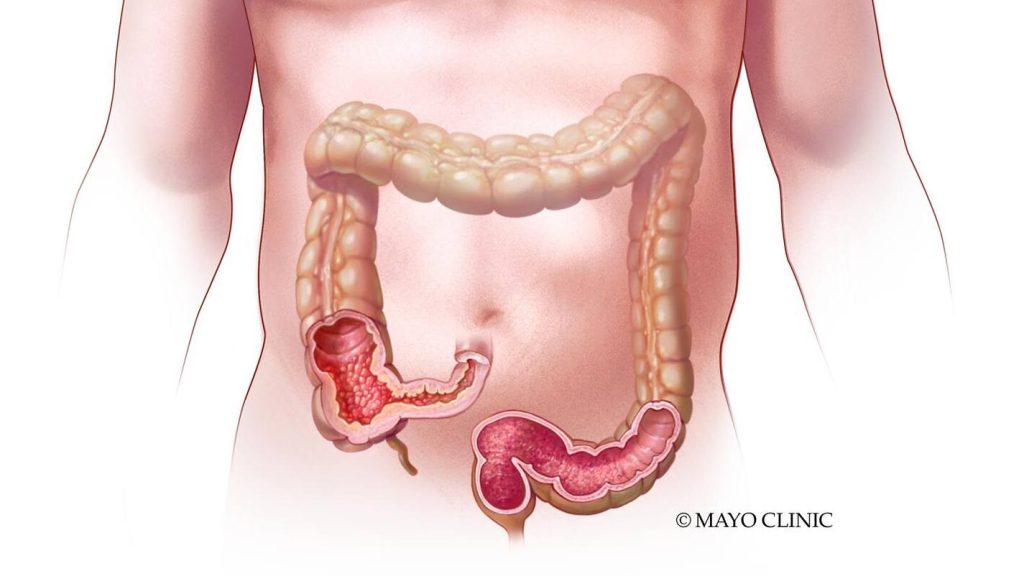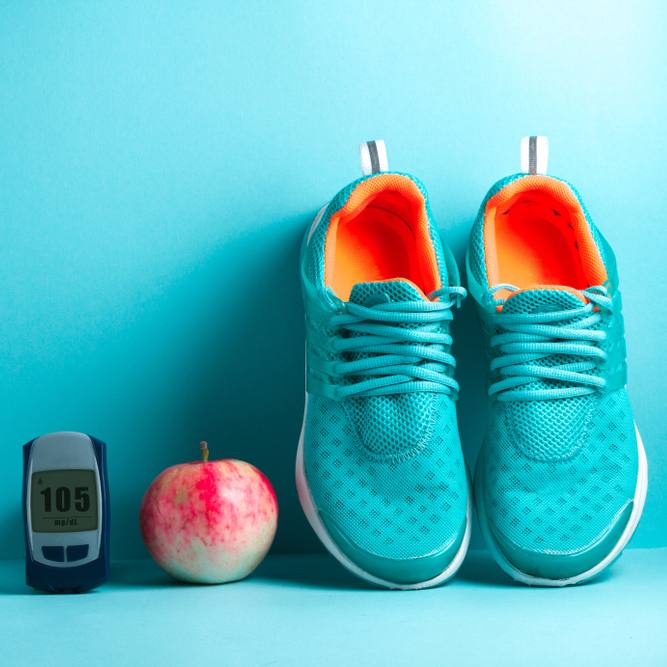-
Mayo Clinic Minute: Bone marrow transplants for autoimmune disorders
Bone marrow transplants are a common treatment for various blood disorders and many types of cancers. At Mayo Clinic, patients with autoimmune disorders, including Crohn's disease, scleroderma and multiple sclerosis, also may be eligible for an autologous bone marrow transplant (using cells from your own body) as a treatment option. Dr. Ernesto Ayala, a hematologist and oncologist at Mayo Clinic, explains the use of autologous bone marrow transplantation to help these patients who aren't responding well to standard care.
Journalists: Broadcast-quality video (0:59) is in the downloads at the end of this post. Please courtesy: "Mayo Clinic News Network." Read the script.
In an autologous bone marrow transplant, a patient's own healthy stem cells are used to replace diseased or damaged bone marrow.
"It's an intense treatment that has to be done in the hospital — typically, patients who stay in the hospital for approximately three weeks," says Dr. Ayala.
He says this is the time the immune system regenerates.
"Within three to six months after the transplant, the immune system is expected to be back to normal," says Dr. Ayala.
Patients with autoimmune disorders can return to their lives — most remaining in remission — making this treatment a good option.
"Autologous transplantation is an alternative and effective alternative for patients with autoimmune disease that are failing the standard treatments," Dr. Ayala says.

Candidates for this treatment are those without severe organ damage.
"We want them to have a good heart, good lungs, good kidney, good liver, have a good family support," says Dr. Ayala.
Related posts:
- Trust and timing: How a bone marrow transplant gave a man extra birthdays to celebrate
- How specialized blood cells could transform treatments for inflammatory disease







